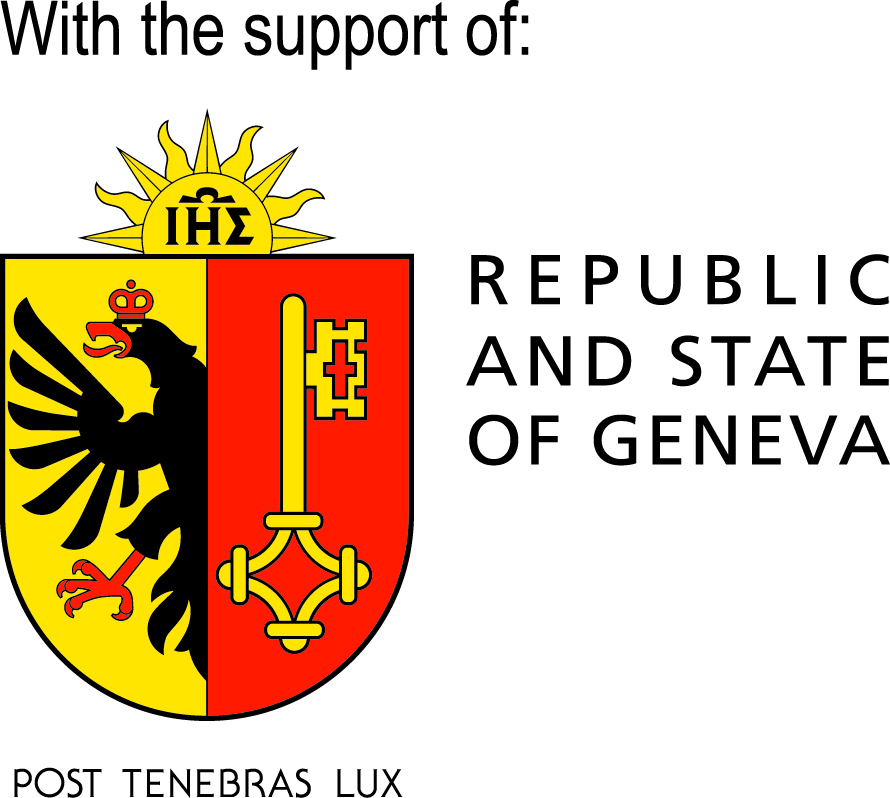About
The Geneva Dialogue on Responsible Behaviour in Cyberspace (Geneva Dialogue) is an international process established in 2018 to map the roles and responsibilities of non-state stakeholders – private sector, civil society, academia, and technical community – in contributing to greater security and stability in cyberspace. It is led by the Swiss Federal Department of Foreign Affairs (FDFA) and implemented by DiploFoundation, with support of the Republic and State of Geneva, C4DT, Swisscom and UBS.
In 2020–2021, the Geneva Dialogue concentrated on the private sector’s role in addressing vulnerabilities in digital products and ICTs. The output report presents insights from ongoing discussions with private sector partners and includes their written submissions. The document also sets out the definitions related to secure design that have been agreed upon by the partners and highlights some of the best practices that the partners are following to build more secure products and minimise ICT vulnerabilities.
In 2023, the Geneva Dialogue launched a new phase to clarify the roles and responsibilities of relevant non-state stakeholders from the private sector, academia, civil society, and technical community (including open-source community) in the implementation of the agreed cyber norms. The first round focused on discussing the agreed cyber norms related to ICT supply chain security and responsible reporting of ICT vulnerabilities.
Practically the Geneva Dialogue organises regular consultations to document stakeholder agreements and disagreements on the interpretation and implementation of the agreed norms, while gathering best practices that can inspire the international community. These findings are published in the Geneva Manual on Responsible Behaviour in Cyberspace.
Through the next phase in 2024-2025, the Geneva Dialogue analyses the implementation of the agreed cyber norms and confidence-building measures (CBMs) related to critical infrastructure protection (CIP).
The Geneva Dialogue team:
- Serge Droz (Swiss Federal Department of Foreign Affairs)
- Anastasiya Kazakova (DiploFoundation)
- Vladimir Radunović (DiploFoundation)
Steering committee:
- Imad Add, Technical Project Manager, Center for Digital Trust, C4DT – EPFL
- Silvan Schellenberg, UBS AG, CISO Switzerland
- Maria Paz Canales, Co-Head of Policy and Advocacy, Global Partners Digital
- Xiang Zheng Teo, Vice President of Advisory, LL. M, B. Eng, CISSP, EnCE, CEH, AWS-SA, Ensign Infosecurity
- Sofia Martinez Gomez, Cybersecurity Expert, AlixPartners
- Maya Bundt, Swiss Risk Association, Chair Cyber Resilience Chapter
- Constant Kohler, Cybersecurity Regulations and Standards Expert, Siemens
- Christopher James Sampson, Conceptual Systems Designer, Future Earth Systems
- David Rufenacht, Senior Threat Intelligence Analyst, InfoGuard
- Fabian Willi, Head Cyber Key Accounts, Swiss Re
Contributors to the Geneva Dialogue include both organisations and experts participating in their personal capacity:
- Private sector companies and organisations: ABB, Alibaba, AlixPartners, Bi.Zone (Sber Group), Cisco, CL2R Advisory, Cognizant, Ensign InfoSecurity, Ericsson, FireEye, Hitachi, Huawei, InfoGuard, Kaspersky, Mandiant, Microsoft, PNG Digital ICT Cluster, Proton, Red Hat, SICPA, Siemens, Swisscom, Swiss Re, Swiss Risk Association, Tata Consultancy Services, Tech Mahindra, UBS, Wisekey, and Vu Security
- Academia and policy experts: Kamilia Amboudini, Winnona DeSombre (Atlantic Council), Kayle Giroud (Global Cyber Alliance), Bart Hogeveen (Australian Strategic Policy Institute), Arindrajit Basu (Leiden University), Imad Aad (Center for Digital Trust (C4DT) – EPFL), Franziska Klopfer and Natalija Radoja (Geneva Centre for Security Sector Governance, DCAF), Lennart Maschmeyer (Center for Security Studies (CSS) at ETH Zurich), Jan Martin Lemnitzer (Copenhagen Business School), Katherine Getao (Cyber Hygiene, Cyber Diplomacy, and ICT Strategy and Governance Consultant, former CEO of ICT Authority in Kenya and the Kenyan representative to the UN GGE), Mischa Hansel (Berlin University of Economics and Law, HWR Berlin), Jen Ellis (NextJen Security), Benjamin Ang and Eugene EG Tan (S. Rajaratnam School of International Studies, RSIS), Alexandra Paulus (German Institute for International and Security Affairs, SWP), Christina Rupp (interface), Jeroen van der Ham (University of Twente and FIRST), Chao Wang (Wuhan University), Valentin Weber and Maria Pericas Riera (German Council on Foreign Relations, DGAP), Tom Wingfield (RAND)
- Technical community experts: Klée Aiken and Sherif Hashem (FIRST), Mirko Boehm (Linux Foundation), Pablo Corona Fraga (NYCEM Mexico), Richard Harris (MITRE), Pablo Hinojosa (APNIC), Koichiro Komiyama (JPCERT/CC), Steven Sim Kok Leong (OT-ISAC Executive Committee, Singapore), Maninder Singh Narang, Madison Q. Oliver (GitHub Security Labs), Takayuki Uchiyama, Igor Kumagin
- Civil society organisations and experts: Abdul-Hakeem Ajijola (African Union Cybersecurity Experts Group), Consumers International, CyberPeace Institute, CIPESA, DataSphere Initiative, Christopher James Sampson (Future Earth Systems), Global Forum on Cyber Expertise, Global Partners Digital, ICT4Peace






